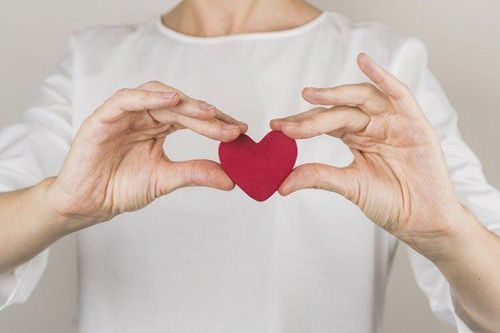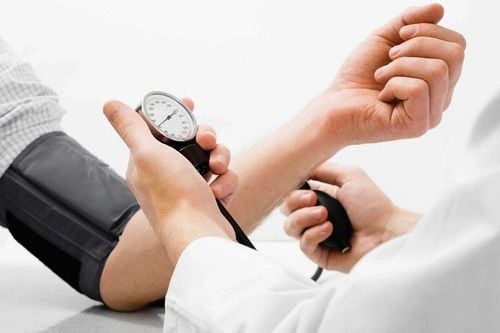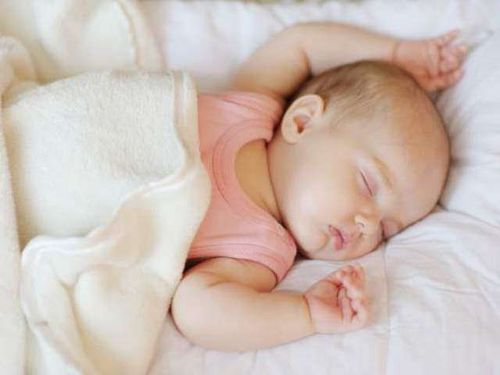This is an automatically translated article.
The article was written by MSc Nguyen Thi Minh Phuong - Department of General Internal Medicine - Vinmec Times City International HospitalThe term sleep disorder is used to refer to a condition that affects the quality and duration of sleep and affects a person's ability to function normally while they are awake.
1. Signs of sleep disorder
There are more than 100 distinct sleep disorders, classified based on causes, symptoms, psychological and physiological effects, and other criteria. However, most sleep disorders can be characterized by 1 or more of the following:
You have problems initiating or maintaining sleep You find it difficult to stay awake during the day You a circadian rhythm that interferes with a healthy sleep schedule You're more likely to have unusual behaviors that disrupt your sleep If you have any of the above symptoms, you may have a disorder. sleep disturbances and should consult a doctor.
In fact, about a third of adults in the US sleep less than 7 hours/night and more than 70% of high school students sleep less than 8 hours/night on weekdays.
2. Causes of sleep disorders
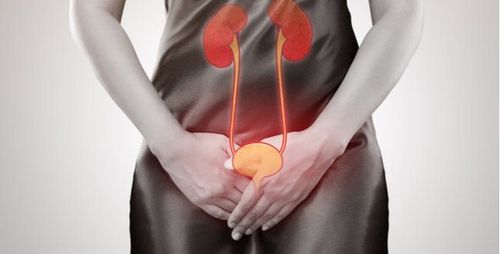
Thường xuyên tiểu đêm do viêm đường tiết niệu gây rối loạn giấc ngủ
Most people can have sleep problems from time to time due to stress, busy schedules, or some external influence such as changing time zones, changing sleeping places, using stimulants. like coffee etc.. However, if these problems occur frequently and affect daily life, it is a sign that you have a sleep disorder.
Sleep disturbances can be a symptom of a number of medical conditions such as:
Chronic pain: Osteoarthritis, chronic back pain, cancer pain, chronic headache, fibromyalgia, pain from chronic inflammatory bowel disease .... Respiratory disease: Allergies, respiratory infections can cause difficulty breathing at night Cardiovascular disease: Heart failure causes difficulty breathing at night. Some psychological diseases such as depression, anxiety disorders. Frequent nocturia: Enlarged prostate gland, urinary tract infection. These sleep disturbances may go away if the underlying condition is treated.
3.The most common types of sleep disorders
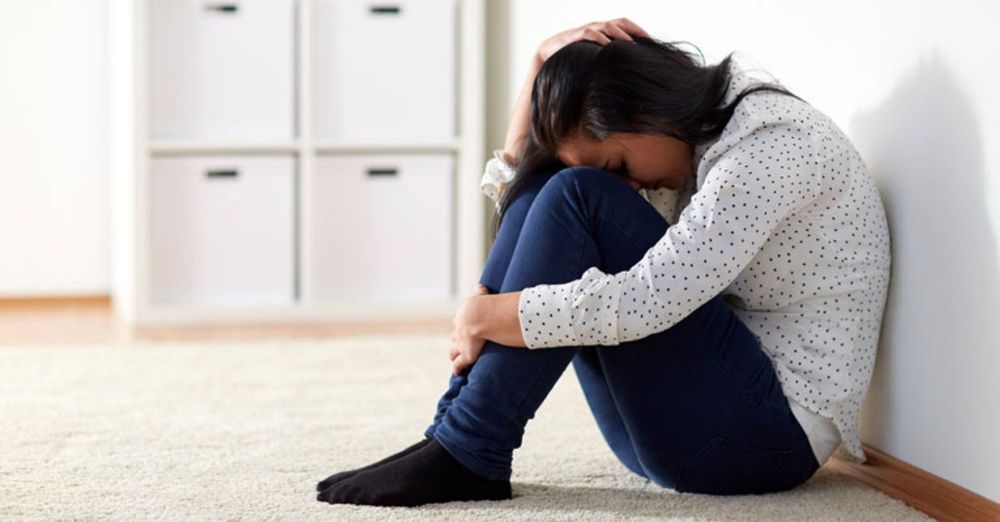
Mất ngủ có thể dẫn đến bị trầm cảm
3.1 Insomnia is a phenomenon in which it is difficult to fall asleep or maintain sleep. In some cases, both symptoms can be combined. Usually you will feel tired during the day, more craving for sleep. Insomnia can happen when you move to a different time zone (Jet lag), when you're anxious, stressed, have digestive problems, or change hormones.
Insomnia can affect general health and quality of life, and can cause:
Depression Difficulty concentrating Irritation Weight gain Decreased ability to work or study. Insomnia is very common in the elderly or in women. There are 3 types of insomnia:
Chronic insomnia: When insomnia occurs regularly for at least 1 month Intermittent insomnia: when occurs intermittently Transient insomnia: occurs transiently only once several nights at a time.
3.2 Sleep apnea
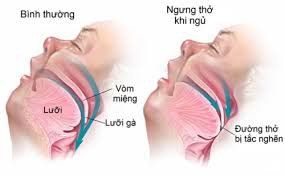
Ngừng thở khi ngủ tắc nghẽn
Characterized by pauses in breathing during sleep. This is a serious medical condition that causes the body to lack oxygen, and will wake you up from sleep.
There are 2 types of sleep apnea:
Obstructive sleep apnea: occurs when the airways are narrow or blocked, usually due to several factors such as narrowing of the throat, large tongue, small lower jaw , obesity (short, large neck). People with this condition often wake up several times during the night with a feeling of suffocation, or gasping, and feeling tired or not alert during the day. Central sleep apnea: occurs when the brain stops transmitting (sending) messages to the respiratory muscles, for example brainstem stroke, or certain sedatives. 3.3 Parasomia A group of sleep disorders that cause abnormal movements or behaviors before, during sleep, or during the transition from sleep to wakefulness, including: sleepwalking, dream speech, sleep moans, nightmares, and nightmares. dreams, sleep paralysis, bedwetting during sleep.
Sleepwalking is the phenomenon of getting out of bed and walking while still asleep. Sleepwalkers may just go inside the room, but sometimes they can go outside. Trying to wake a sleepwalker can lead to aggressive, violent behavior.
Sleep paralysis is a phenomenon that usually occurs when you are about to wake up, or when it occurs when you begin to fall asleep. People with sleep paralysis experience a feeling of complete paralysis that lasts a few minutes, but it can make them feel anxious while sleeping.
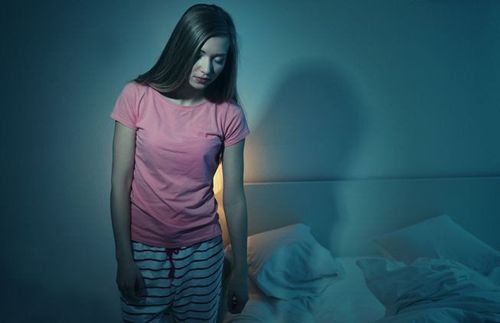
Người bị mộng du khi ngủ
3.4 Sleep-related movement disorders Restless leg syndrome: an urgent need to move the leg because of discomfort, or pain/numbness 2 foot. Moving the legs makes the patient feel more comfortable. This syndrome can occur during the day, but most often occurs at night, when it is time to go to sleep. Periodic limb movements disorder: People with this disorder will have periodic body movements at night and disrupt sleep. In most cases, these movements occur only in the legs and are often not known to the patient. Sleep-related bruxism: Patients present with teeth grinding during sleep. Over time, it can cause jaw pain and abnormal tooth wear. 3.5 Narcolepsy Characterized by episodes of irresistible sleepiness and daytime naps. You may suddenly feel very tired and fall asleep without warning. Cataplexy is a type of narcolepsy, during which the patient may experience muscle weakness or paralysis.
Vinmec International General Hospital has the function of examining, consulting and outpatient treatment of psychological and health problems including sleep disorders. With modern equipment, Vinmec Psychological Clinic is currently cooperating with experienced professors and experts. Along with the combination of implementing psychological tests, specialized psychotherapy for diagnosis and treatment, in order to bring the best medical examination and treatment effect.
Please dial HOTLINE for more information or register for an appointment HERE. Download MyVinmec app to make appointments faster and to manage your bookings easily.






